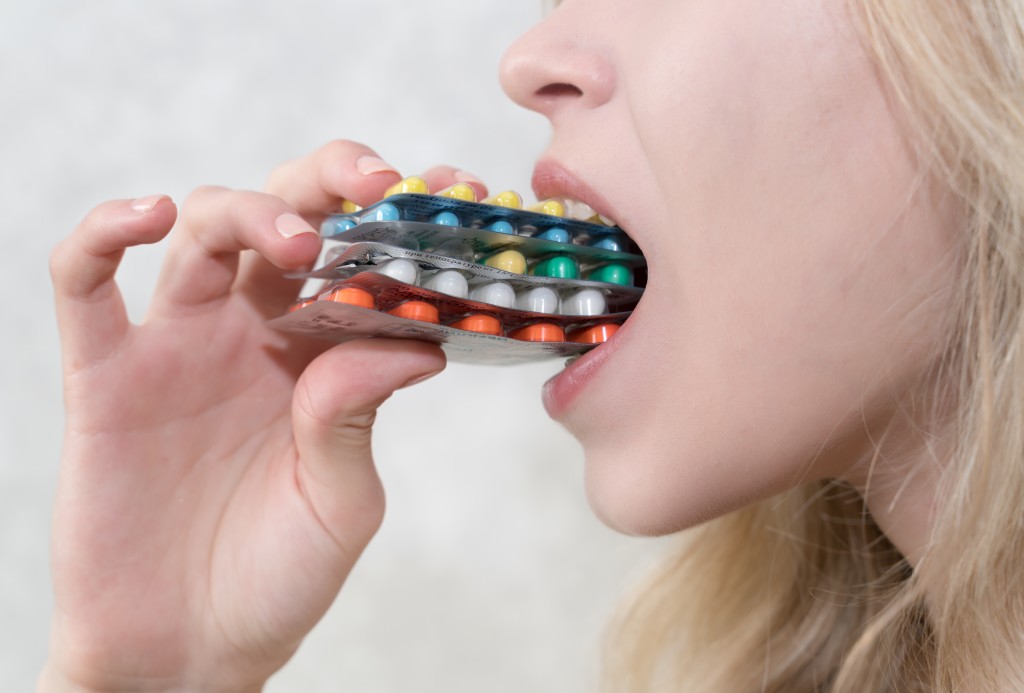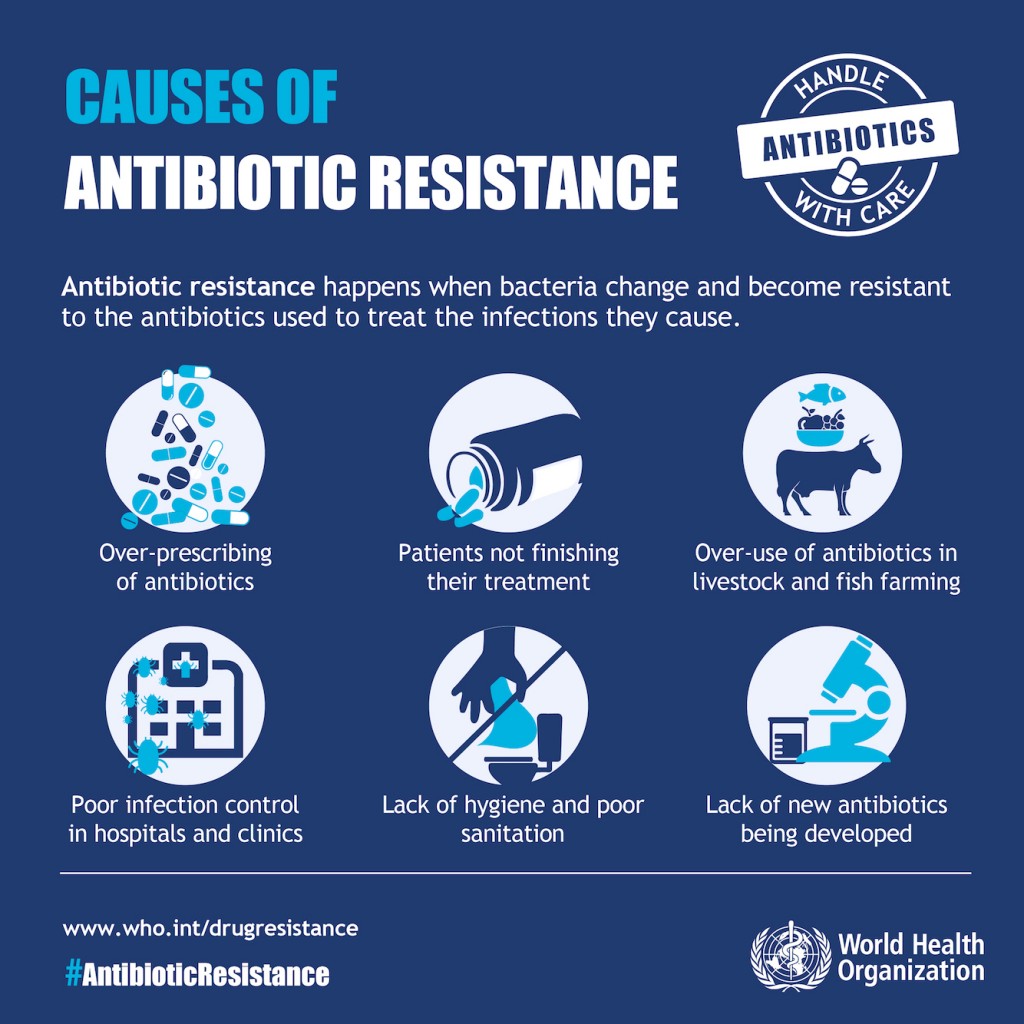
Why is it important to be hydrated?
Your body uses water for so many things, including maintaining temperature, removing waste, and lubricating joints. In fact, every single cell in your body requires water to work correctly!
What is dehydration?
Dehydration is a condition where the loss of body fluids exceeds the amount of fluid taken in. If severe, it can be quite dangerous and can even lead to death.
What are the symptoms of dehydration?
If dehydration if mild, you may experience:
- Feeling thirsty
- Having a dry mouth, lips and tongue
- Having a headache
- Having dark yellow urine, and not much of it
- Feeling dizzy or light headed when standing up
If dehydration is severe, you may experience
- Feeling extremely thirsty
- Having a very dry mouth
- Breathing fast
- Having a fast heart rate and low blood pressure
- Having a fever
- Having little or no urine
- Feeling irritable, drowsy or confused
What causes dehydration?
You lose fluid every time you sweat, go to the bathroom, or even breathe. When it’s hot, the amount of fluid you lose doing just day-to-day activities increases dramatically. Dehydration can also be caused by vomiting and diarrhea – so it’s particularly important to be mindful of your fluid intake if you experience either of these, and potentially see your doctor if your symptoms don’t alleviate.
So what are your five tips for keeping hydrated??
Glad you asked! Here they are:
- Add a slice of lemon or lime to your water bottle to add some flavor.
- If you often forget to drink water, make it part of your schedule – such as drinking when you wake, at each meal and when you go to bed. Alternatively you could drink a small glass of water every hour, or set a ‘water alarm’ on your phone to remind you to take a sip.
- Use a phone app to track how many cups of water you’ve had!
- Keep a jug of water on the dinner table and encourage everyone to fill their glass once before and once after eating.
- Prepare snacks made from water rich foods, such as cucumbers, melons or celery.
- Bonus tip! When you’re in the car, turn drinking water into a game, and see who can be the first to take a sip at each light.
Book online to see a GP to discuss any concerns about dehydration —>
Note: if you are concerned that you or someone you know is experiencing symptoms of severe dehydration, please call 000.



